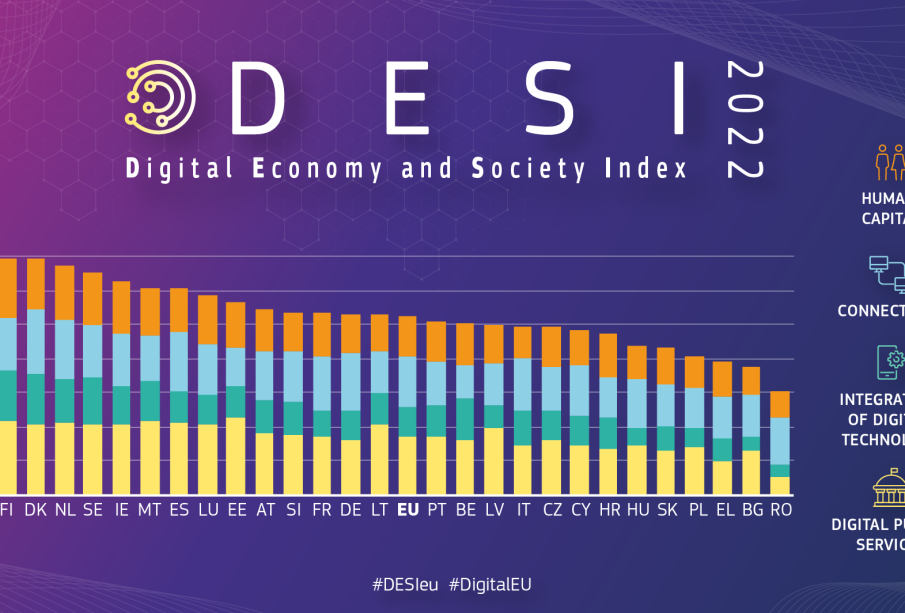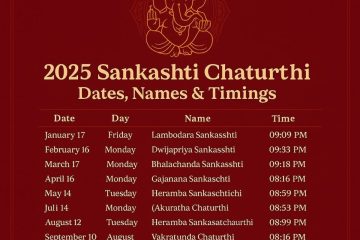Understanding Desi Culture: Traditions and Festivals

Introduction to Desi Culture
Desi culture refers to the diverse and vibrant cultural practices originating from the Indian subcontinent. This term encompasses a rich tapestry of traditions, languages, and lifestyles that are intrinsic to this region. Understanding Desi culture is important not only for its historical significance but also for celebrating the unity within the diversity of India, Pakistan, Bangladesh, Nepal, and Sri Lanka.
Festivals and Celebrations
One of the most vibrant aspects of Desi culture is its numerous festivals. Festivals such as Diwali, Eid, Holi, and Vaisakhi are celebrated with much fervor and enthusiasm. For instance, Diwali, the festival of lights, symbolizes the victory of light over darkness and good over evil, bringing together families and communities. Meanwhile, Eid marks the conclusion of Ramadan, promoting themes of generosity and compassion.
Each of these celebrations showcases unique rituals, culinary delights, and traditional attire that reflect the social and religious fabric of the communities. The collective participation in these festivals demonstrates an enduring sense of togetherness among various ethnic groups within the Desi framework.
Cuisine: A Culinary Journey
The food associated with Desi culture is a significant component of its identity. Each regional cuisine illustrates the local ingredients, climate, and historical influences ranging from Mughal to colonial. Dishes like biryani, dosa, and paneer tikka are not just food items but symbols of the heritage and pride of the people. Street food, such as chaat and vada pav, also plays an essential role, offering a taste of everyday life.
Festivals are often accompanied by specialty dishes that families prepare in honor of their traditions, further deepening the connection between food and cultural identity.
The Impact of Globalization on Desi Culture
In recent decades, globalization has significantly influenced Desi culture. The spread of the internet and migration has led to a greater exchange of cultural practices worldwide. Bollywood films have gained international acclaim, and Desi music and dance forms like bhangra and garba are celebrated globally. However, this also raises questions about cultural preservation and authenticity as traditional practices evolve to adapt in a global context.
Conclusion
Desi culture is a testament to the rich heritage of the Indian subcontinent, weaving together its history, festivals, culinary diversity, and the contemporary influences of globalization. As individuals continue to explore and appreciate the myriad aspects of Desi culture, it is crucial to embrace the unity within this diversity and promote intercultural understanding. By doing so, we not only honor our roots but also contribute to the global tapestry of cultural heritage.









